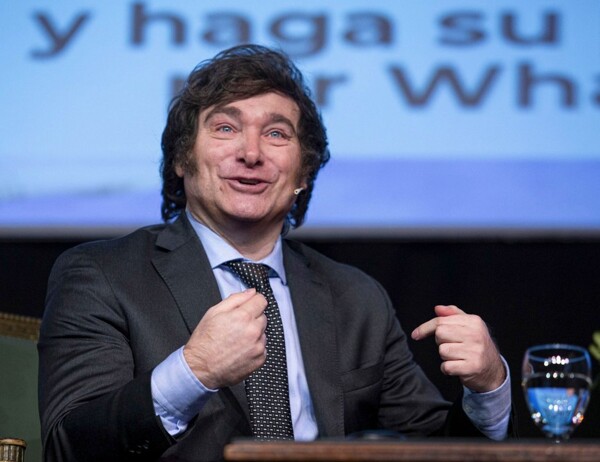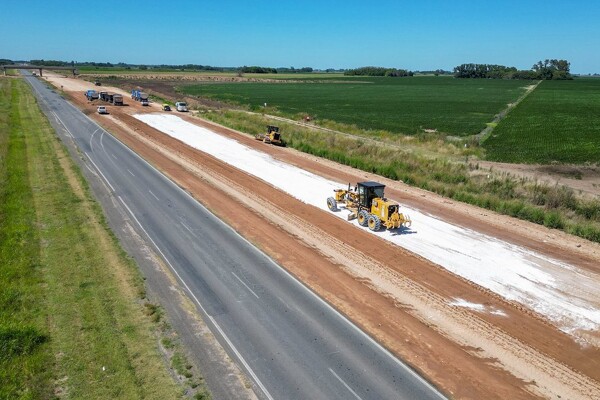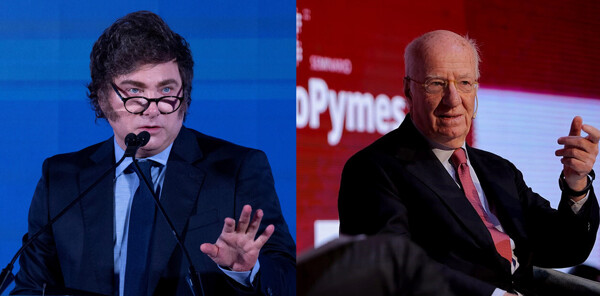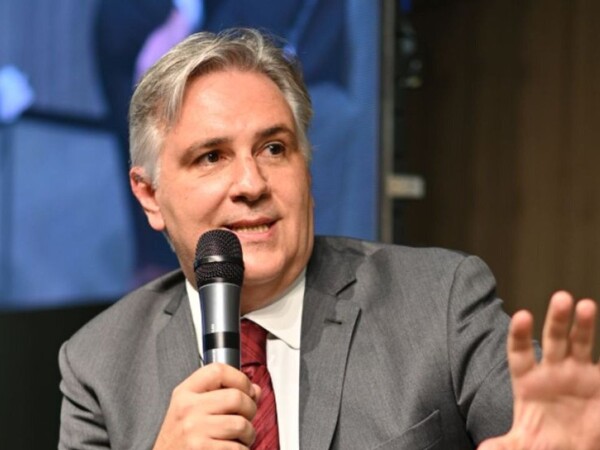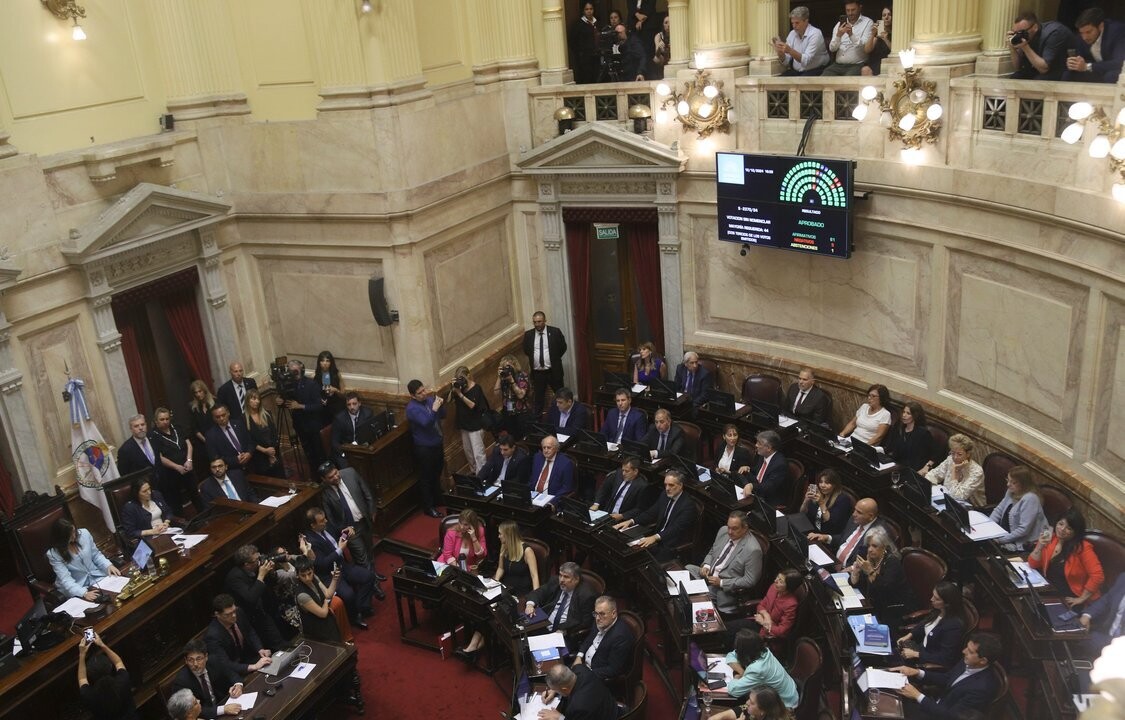
The "Clean Record" project was defended by radicals Eduardo Vischi, Flavio Fama, Pablo Blanco, Carolina Losada, and Senator Luis Juez. According to Luis Juez, referring to Cristina Kirchner, at the time this project was proposed, she was not even charged.
The approved project establishes that leaders with a second conviction for corruption cannot run for public office in presidential, legislative, or other elective positions. The deadline for the second instance of the ruling to take place and exclude the leader is 180 days before the general elections.
The authorship of the project belongs to senators Juliana Di Tullio, Eduardo de Pedro, and Maximiliano Abad. Its aim is to avoid discretion on the part of the Executive Power and has been proposed to regain initiative in Congress.
President Javier Milei was criticized by senators due to a recent financial scandal, and Senator Florencia López mentioned that it seems the project aims to proscribe opponents instead of cleaning up politics.
The La Libertad Avanza bloc presented a session to address the project that declares an emergency in Bahía Blanca and will also include the "Clean Record" project. Both initiatives already have favorable reports in their Senate committees. If approved, Cristina Kirchner could not be a candidate.
The discussion of the project became tense in the Constitutional Affairs Committee, where the implications of the Libra case and the memecoin were addressed. The divergent positions created friction during the debate, and the signing of the report took place in a tense atmosphere on February 19.











